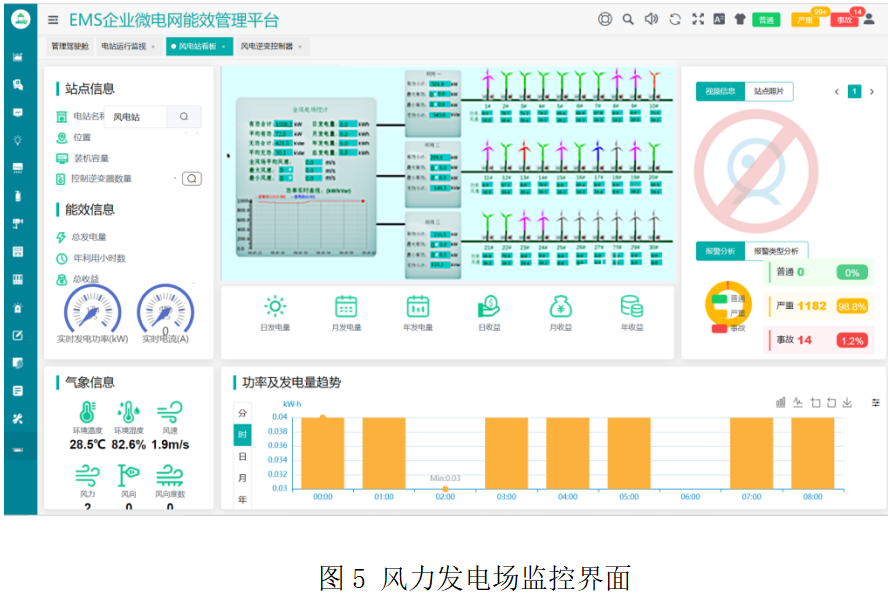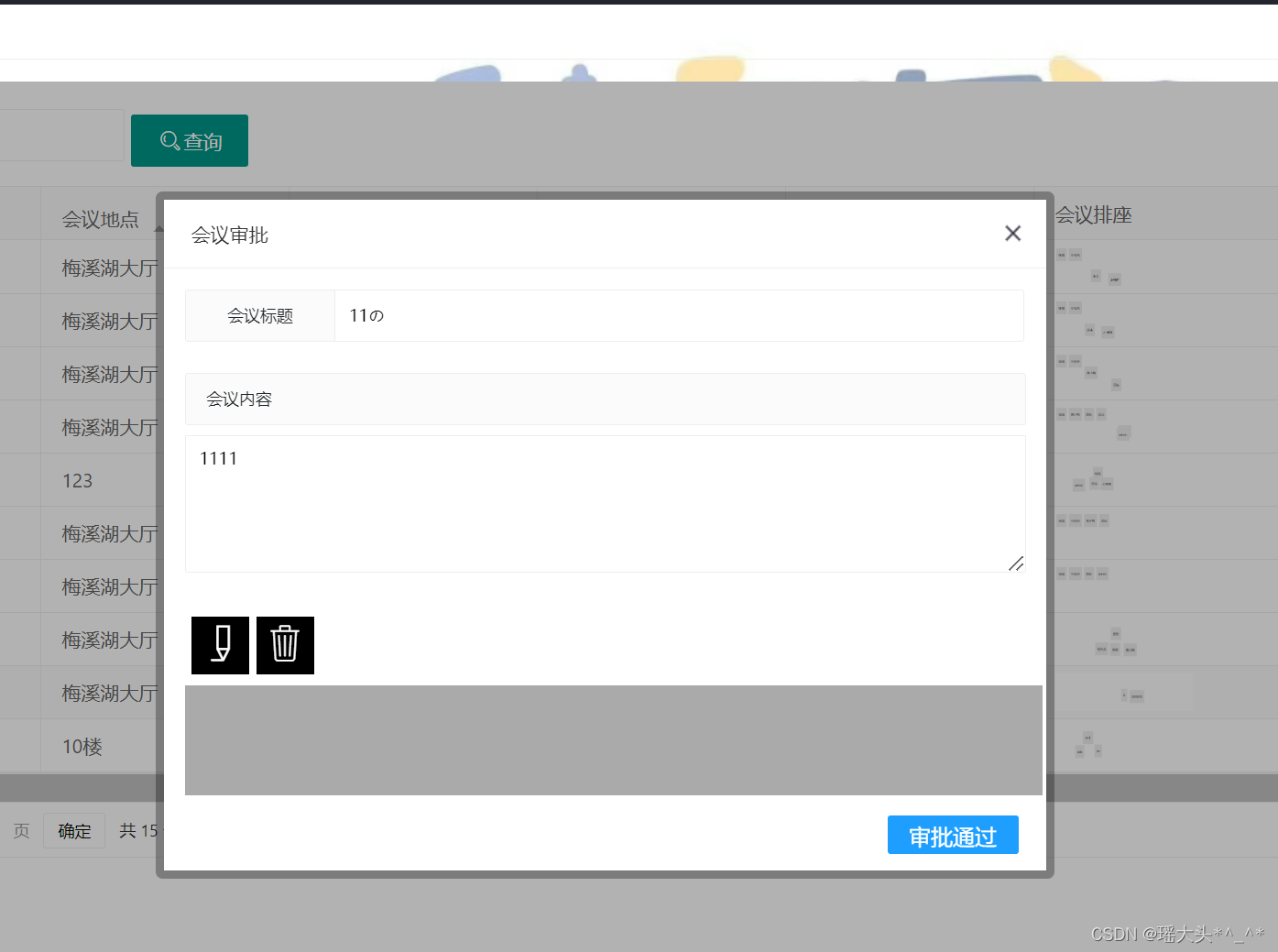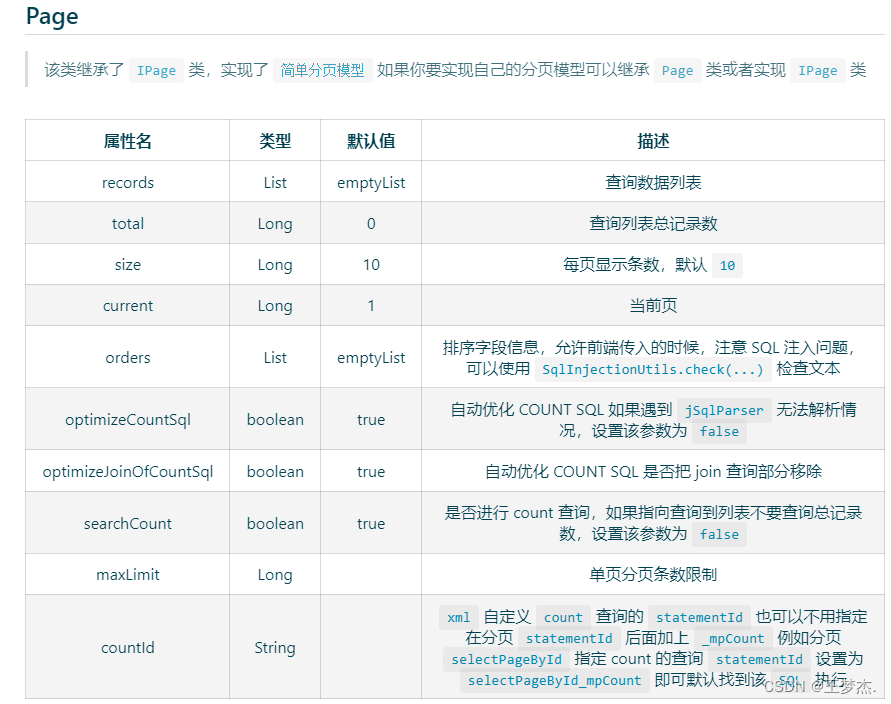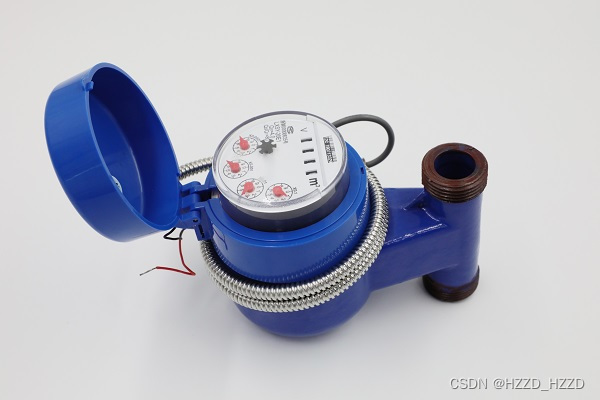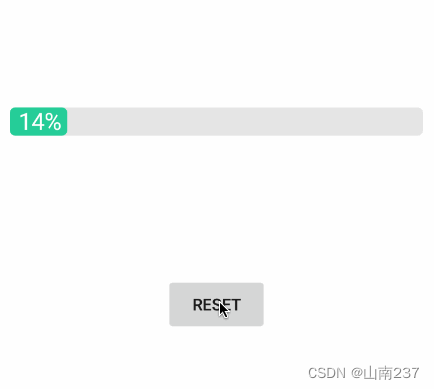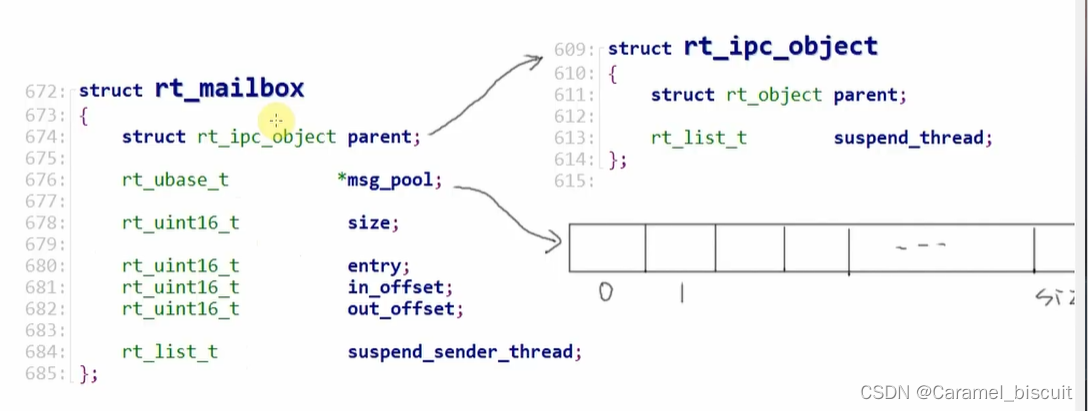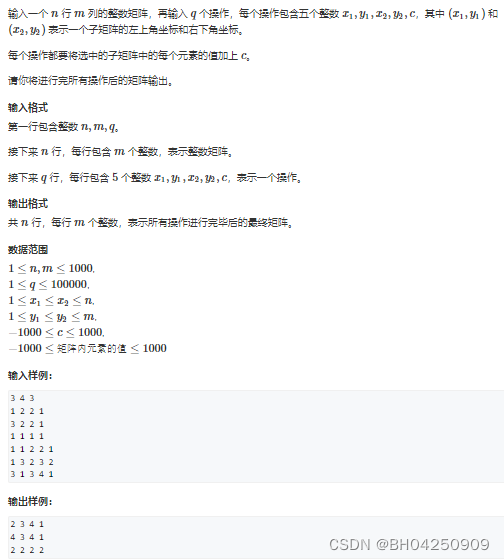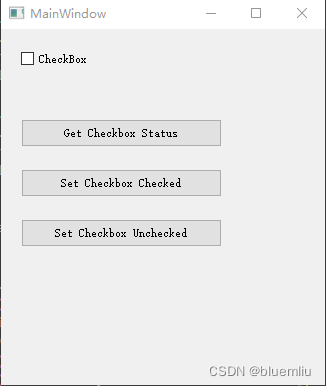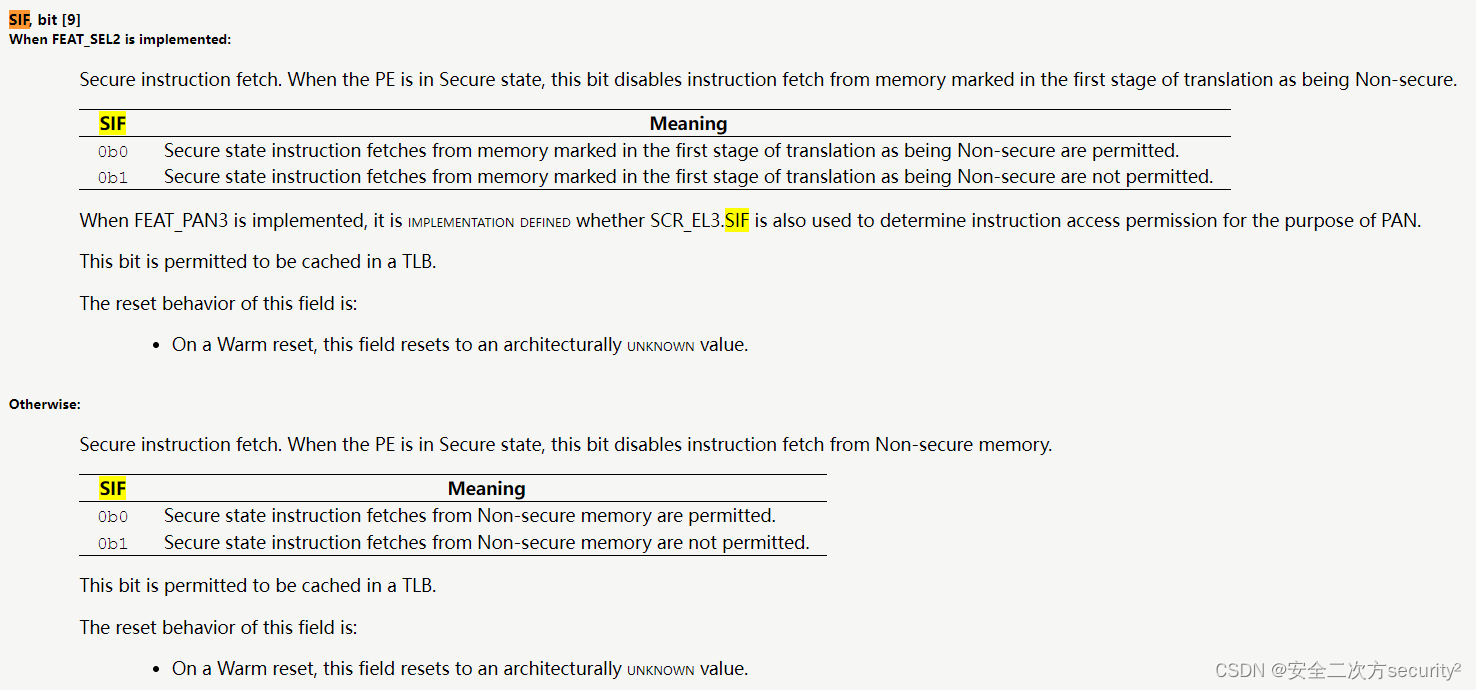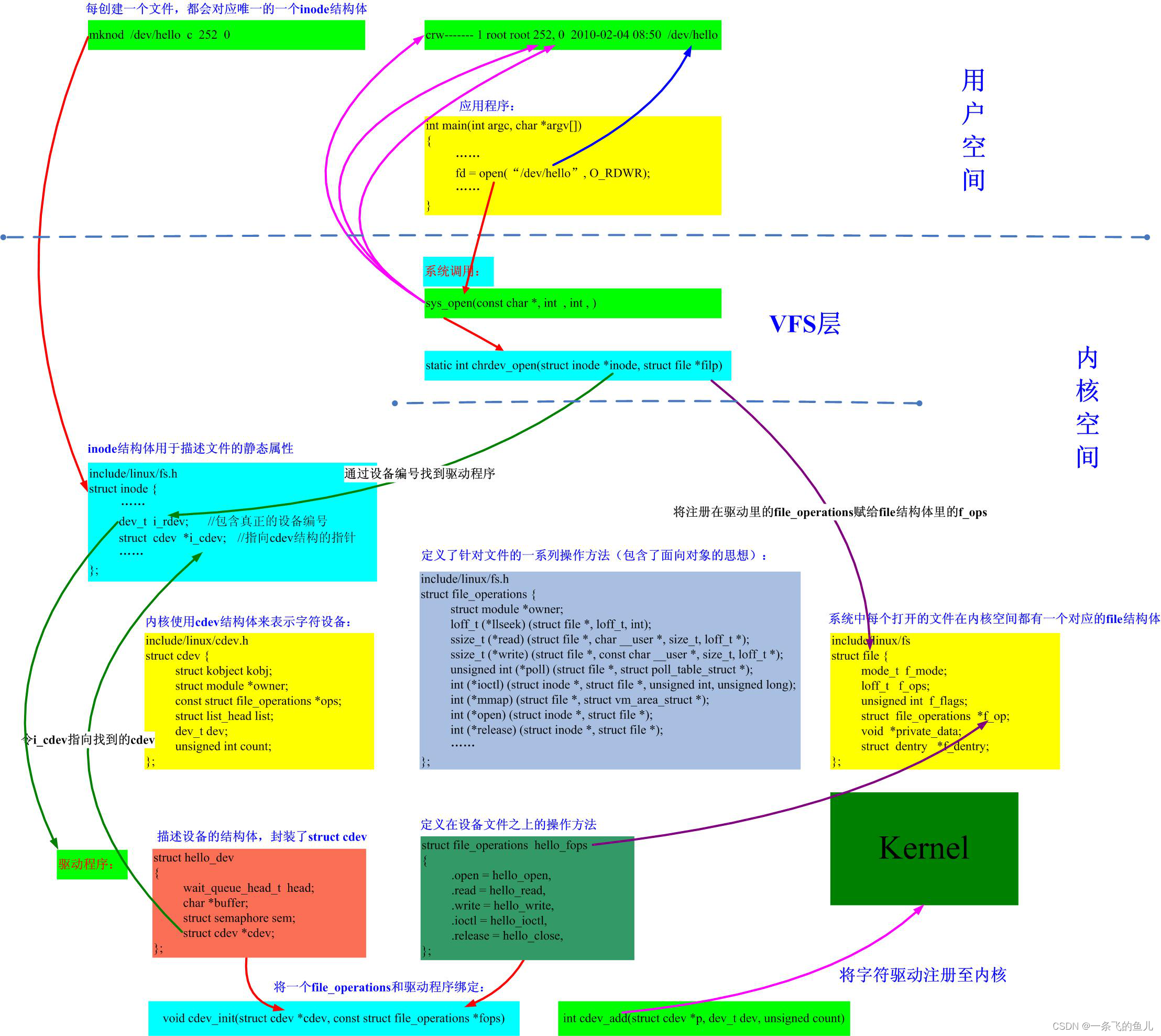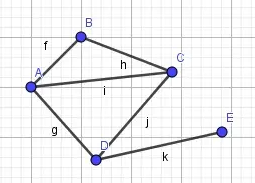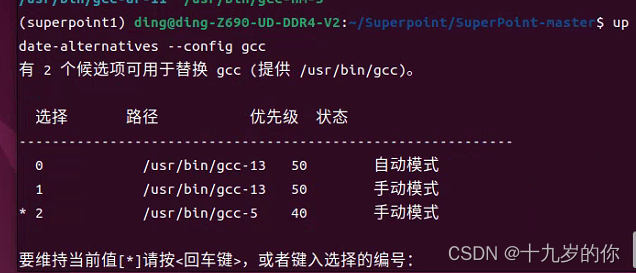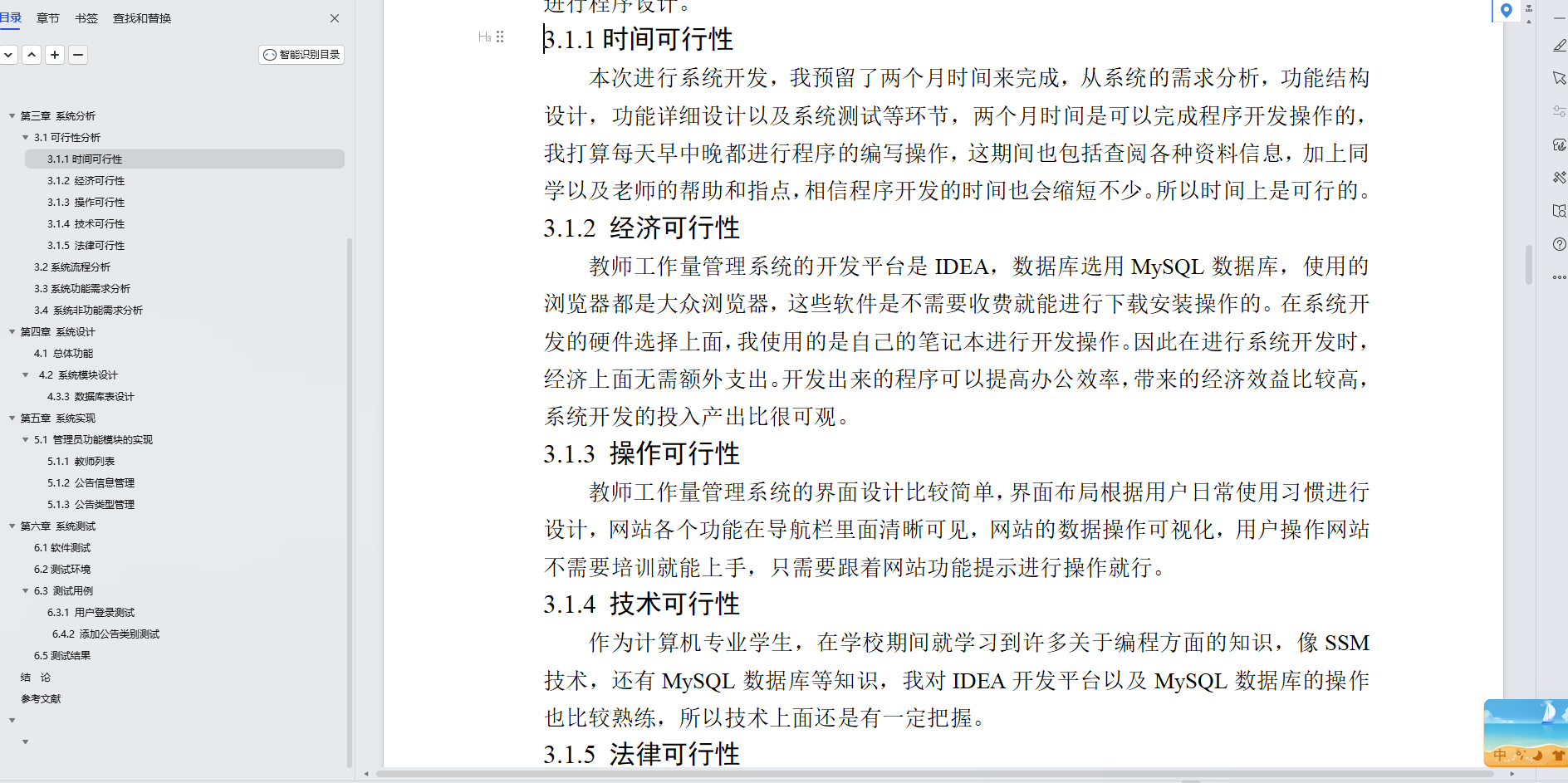论文地址:https://arxiv.org/pdf/2208.02019.pdf
代码地址:GitHub - Krasjet-Yu/YOLO-FaceV2: YOLO-FaceV2: A Scale and Occlusion Aware Face Detector
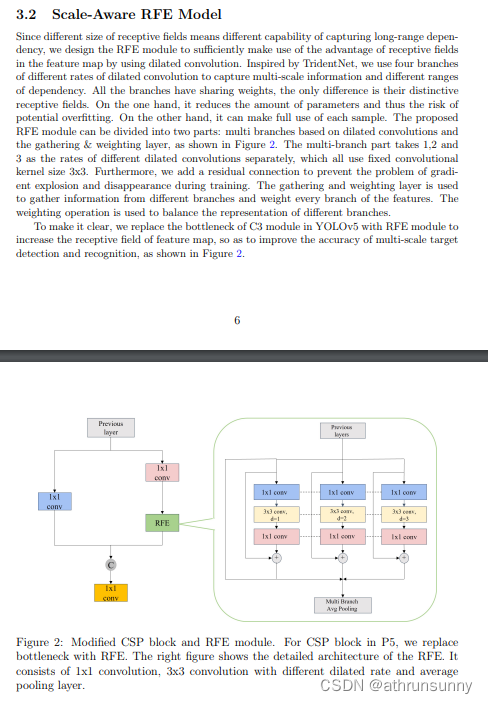
总的来说就是RFEM利用了感受野在特征图中的优势,通过使用不同膨胀卷积率的分支来捕捉多尺度信息和不同范围的依赖关系。这种设计有助于减少参数数量,降低过拟合风险,并充分利用每个样本。
1、yolov7-tiny
创建配置文件yolov7-tiny-RFEM.yaml
# parameters
nc: 80 # number of classes
depth_multiple: 1.0 # model depth multiple
width_multiple: 1.0 # layer channel multiple
activation: nn.LeakyReLU(0.1)
# anchors
anchors:
- [10,13, 16,30, 33,23] # P3/8
- [30,61, 62,45, 59,119] # P4/16
- [116,90, 156,198, 373,326] # P5/32
# yolov7-tiny backbone
backbone:
# [from, number, module, args] c2, k=1, s=1, p=None, g=1, act=True
[[-1, 1, Conv, [32, 3, 2, None, 1]], # 0-P1/2
[-1, 1, Conv, [64, 3, 2, None, 1]], # 1-P2/4
[-1, 1, Conv, [32, 1, 1, None, 1]],
[-2, 1, Conv, [32, 1, 1, None, 1]],
[-1, 1, Conv, [32, 3, 1, None, 1]],
[-1, 1, Conv, [32, 3, 1, None, 1]],
[[-1, -2, -3, -4], 1, Concat, [1]],
[-1, 1, Conv, [64, 1, 1, None, 1]], # 7
[-1, 1, MP, []], # 8-P3/8
[-1, 1, Conv, [64, 1, 1, None, 1]],
[-2, 1, Conv, [64, 1, 1, None, 1]],
[-1, 1, Conv, [64, 3, 1, None, 1]],
[-1, 1, Conv, [64, 3, 1, None, 1]],
[[-1, -2, -3, -4], 1, Concat, [1]],
[-1, 1, Conv, [128, 1, 1, None, 1]], # 14
[-1, 1, MP, []], # 15-P4/16
[-1, 1, Conv, [128, 1, 1, None, 1]],
[-2, 1, Conv, [128, 1, 1, None, 1]],
[-1, 1, Conv, [128, 3, 1, None, 1]],
[-1, 1, Conv, [128, 3, 1, None, 1]],
[[-1, -2, -3, -4], 1, Concat, [1]],
[-1, 1, Conv, [256, 1, 1, None, 1]], # 21
[-1, 1, MP, []], # 22-P5/32
[-1, 1, Conv, [256, 1, 1, None, 1]],
[-2, 1, Conv, [256, 1, 1, None, 1]],
[-1, 1, Conv, [256, 3, 1, None, 1]],
[-1, 1, Conv, [256, 3, 1, None, 1]],
[[-1, -2, -3, -4], 1, Concat, [1]],
[-1, 1, Conv, [512, 1, 1, None, 1]], # 28
]
# yolov7-tiny head
head:
[[-1, 1, Conv, [256, 1, 1, None, 1]],
[-2, 1, Conv, [256, 1, 1, None, 1]],
[-1, 1, SP, [5]],
[-2, 1, SP, [9]],
[-3, 1, SP, [13]],
[[-1, -2, -3, -4], 1, Concat, [1]],
[-1, 1, Conv, [256, 1, 1, None, 1]],
[[-1, -7], 1, Concat, [1]],
[-1, 1, Conv, [256, 1, 1, None, 1]], # 37
[-1, 1, RFEM, [256]],
[-1, 1, Conv, [128, 1, 1, None, 1]],
[-1, 1, nn.Upsample, [None, 2, 'nearest']],
[21, 1, Conv, [128, 1, 1, None, 1]], # route backbone P4
[[-1, -2], 1, Concat, [1]],
[-1, 1, Conv, [64, 1, 1, None, 1]],
[-2, 1, Conv, [64, 1, 1, None, 1]],
[-1, 1, Conv, [64, 3, 1, None, 1]],
[-1, 1, Conv, [64, 3, 1, None, 1]],
[[-1, -2, -3, -4], 1, Concat, [1]],
[-1, 1, Conv, [128, 1, 1, None, 1]], # 48
[-1, 1, Conv, [64, 1, 1, None, 1]],
[-1, 1, nn.Upsample, [None, 2, 'nearest']],
[14, 1, Conv, [64, 1, 1, None, 1]], # route backbone P3
[[-1, -2], 1, Concat, [1]],
[-1, 1, Conv, [32, 1, 1, None, 1]],
[-2, 1, Conv, [32, 1, 1, None, 1]],
[-1, 1, Conv, [32, 3, 1, None, 1]],
[-1, 1, Conv, [32, 3, 1, None, 1]],
[[-1, -2, -3, -4], 1, Concat, [1]],
[-1, 1, Conv, [64, 1, 1, None, 1]], # 58
[-1, 1, Conv, [128, 3, 2, None, 1]],
[[-1, 48], 1, Concat, [1]],
[-1, 1, Conv, [64, 1, 1, None, 1]],
[-2, 1, Conv, [64, 1, 1, None, 1]],
[-1, 1, Conv, [64, 3, 1, None, 1]],
[-1, 1, Conv, [64, 3, 1, None, 1]],
[[-1, -2, -3, -4], 1, Concat, [1]],
[-1, 1, Conv, [128, 1, 1, None, 1]], # 66
[-1, 1, Conv, [256, 3, 2, None, 1]],
[[-1, 37], 1, Concat, [1]],
[-1, 1, Conv, [128, 1, 1, None, 1]],
[-2, 1, Conv, [128, 1, 1, None, 1]],
[-1, 1, Conv, [128, 3, 1, None, 1]],
[-1, 1, Conv, [128, 3, 1, None, 1]],
[[-1, -2, -3, -4], 1, Concat, [1]],
[-1, 1, Conv, [256, 1, 1, None, 1]], # 74
[58, 1, Conv, [128, 3, 1, None, 1]],
[66, 1, Conv, [256, 3, 1, None, 1]],
[74, 1, Conv, [512, 3, 1, None, 1]],
[[75,76,77], 1, Detect, [nc, anchors]], # Detect(P3, P4, P5)
]
在common.py中增加
# RFEM
class TridentBlock(nn.Module):
def __init__(self, c1, c2, stride=1, c=False, e=0.5, padding=[1, 2, 3], dilate=[1, 2, 3], bias=False):
super(TridentBlock, self).__init__()
self.stride = stride
self.c = c
c_ = int(c2 * e)
self.padding = padding
self.dilate = dilate
self.share_weightconv1 = nn.Parameter(torch.Tensor(c_, c1, 1, 1))
self.share_weightconv2 = nn.Parameter(torch.Tensor(c2, c_, 3, 3))
self.bn1 = nn.BatchNorm2d(c_)
self.bn2 = nn.BatchNorm2d(c2)
# self.act = nn.SiLU()
self.act = Conv.default_act
nn.init.kaiming_uniform_(self.share_weightconv1, nonlinearity="relu")
nn.init.kaiming_uniform_(self.share_weightconv2, nonlinearity="relu")
if bias:
self.bias = nn.Parameter(torch.Tensor(c2))
else:
self.bias = None
if self.bias is not None:
nn.init.constant_(self.bias, 0)
def forward_for_small(self, x):
residual = x
out = nn.functional.conv2d(x, self.share_weightconv1, bias=self.bias)
out = self.bn1(out)
out = self.act(out)
out = nn.functional.conv2d(out, self.share_weightconv2, bias=self.bias, stride=self.stride,
padding=self.padding[0],
dilation=self.dilate[0])
out = self.bn2(out)
out += residual
out = self.act(out)
return out
def forward_for_middle(self, x):
residual = x
out = nn.functional.conv2d(x, self.share_weightconv1, bias=self.bias)
out = self.bn1(out)
out = self.act(out)
out = nn.functional.conv2d(out, self.share_weightconv2, bias=self.bias, stride=self.stride,
padding=self.padding[1],
dilation=self.dilate[1])
out = self.bn2(out)
out += residual
out = self.act(out)
return out
def forward_for_big(self, x):
residual = x
out = nn.functional.conv2d(x, self.share_weightconv1, bias=self.bias)
out = self.bn1(out)
out = self.act(out)
out = nn.functional.conv2d(out, self.share_weightconv2, bias=self.bias, stride=self.stride,
padding=self.padding[2],
dilation=self.dilate[2])
out = self.bn2(out)
out += residual
out = self.act(out)
return out
def forward(self, x):
xm = x
base_feat = []
if self.c is not False:
x1 = self.forward_for_small(x)
x2 = self.forward_for_middle(x)
x3 = self.forward_for_big(x)
else:
x1 = self.forward_for_small(xm[0])
x2 = self.forward_for_middle(xm[1])
x3 = self.forward_for_big(xm[2])
base_feat.append(x1)
base_feat.append(x2)
base_feat.append(x3)
return base_feat
class RFEM(nn.Module):
def __init__(self, c1, c2, n=1, e=0.5, stride=1):
super(RFEM, self).__init__()
c = True
layers = []
layers.append(TridentBlock(c1, c2, stride=stride, c=c, e=e))
c1 = c2
for i in range(1, n):
layers.append(TridentBlock(c1, c2))
self.layer = nn.Sequential(*layers)
# self.cv = Conv(c2, c2)
self.bn = nn.BatchNorm2d(c2)
# self.act = nn.SiLU()
self.act = Conv.default_act
def forward(self, x):
out = self.layer(x)
out = out[0] + out[1] + out[2] + x
out = self.act(self.bn(out))
return out
class C3RFEM(nn.Module):
def __init__(self, c1, c2, n=1, shortcut=True, e=0.5): # ch_in, ch_out, number, shortcut, groups, expansion
super().__init__()
c_ = int(c2 * e) # hidden channels
self.cv1 = Conv(c1, c_, 1, 1)
self.cv2 = Conv(c1, c_, 1, 1)
self.cv3 = Conv(2 * c_, c2, 1) # act=FReLU(c2)
# self.m = nn.Sequential(*(Bottleneck(c_, c_, shortcut, g, e=1.0) for _ in range(n)))
# self.rfem = RFEM(c_, c_, n)
self.m = nn.Sequential(*[RFEM(c_, c_, n=1, e=e) for _ in range(n)])
# self.m = nn.Sequential(*[CrossConv(c_, c_, 3, 1, g, 1.0, shortcut) for _ in range(n)])
def forward(self, x):
return self.cv3(torch.cat((self.m(self.cv1(x)), self.cv2(x)), dim=1))其中C3RFEM对应原作者的实现
在yolo.py中修改:
n = n_ = max(round(n * gd), 1) if n > 1 else n # depth gain
if m in {
Conv, GhostConv, Bottleneck, GhostBottleneck, SPP, SPPF, DWConv, MixConv2d, Focus, CrossConv,
BottleneckCSP, C3, C3TR, C3SPP, C3Ghost, nn.ConvTranspose2d, DWConvTranspose2d, C3x, StemBlock,
BlazeBlock, DoubleBlazeBlock, ShuffleV2Block, MobileBottleneck, InvertedResidual, ConvBNReLU,
RepVGGBlock, SEBlock, RepBlock, SimCSPSPPF, C3_P, SPPCSPC, RepConv, RFEM, C3RFEM}:
c1, c2 = ch[f], args[0]
if c2 != no: # if not output
c2 = make_divisible(c2 * gw, 8)
if m == InvertedResidual:
c2 = make_divisible(c2 * gw, 4 if gw == 0.1 else 8)
args = [c1, c2, *args[1:]]
if m in {BottleneckCSP, C3, C3TR, C3Ghost, C3x, C3_P, C3RFEM}:
args.insert(2, n) # number of repeats
n = 1运行yolo.py
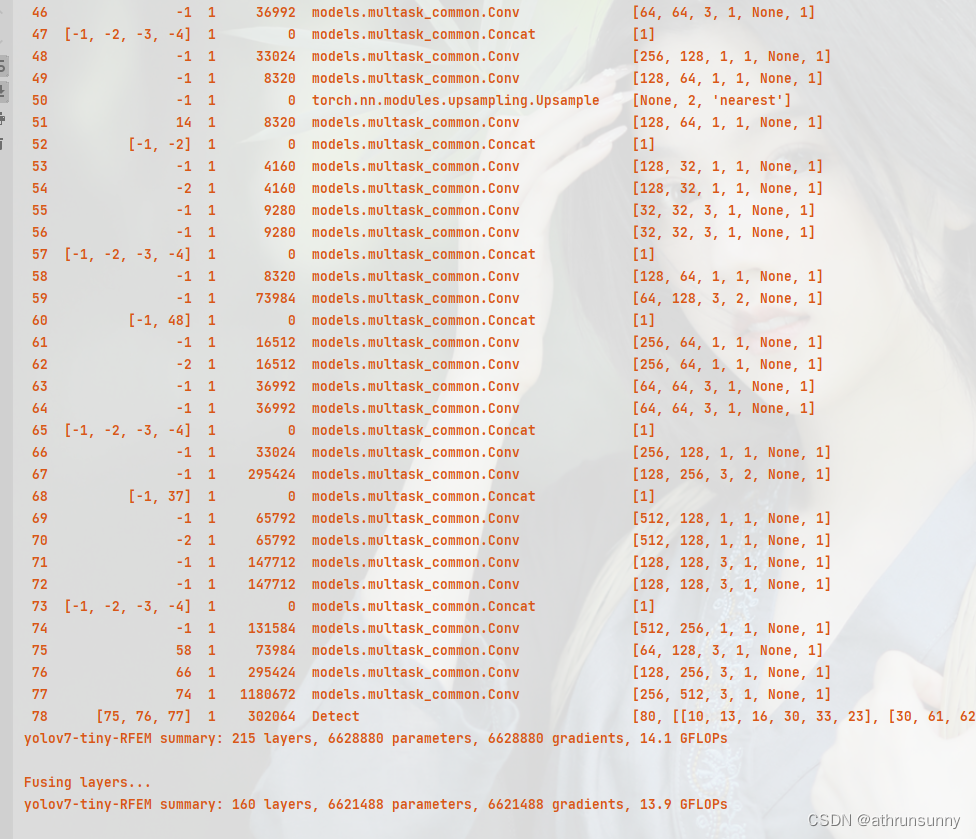
2、yolov5
yolov5s-RFEM.yaml
# YOLOv5 🚀 by Ultralytics, GPL-3.0 license
# Parameters
nc: 80 # number of classes
depth_multiple: 0.33 # model depth multiple
width_multiple: 0.50 # layer channel multiple
anchors:
- [10,13, 16,30, 33,23] # P3/8
- [30,61, 62,45, 59,119] # P4/16
- [116,90, 156,198, 373,326] # P5/32
# YOLOv5 v6.0 backbone
backbone:
# [from, number, module, args]
[[-1, 1, Conv, [64, 6, 2, 2]], # 0-P1/2
[-1, 1, Conv, [128, 3, 2]], # 1-P2/4
[-1, 3, C3, [128]],
[-1, 1, Conv, [256, 3, 2]], # 3-P3/8
[-1, 6, C3, [256]],
[-1, 1, Conv, [512, 3, 2]], # 5-P4/16
[-1, 9, C3, [512]],
[-1, 1, Conv, [1024, 3, 2]], # 7-P5/32
[-1, 3, C3, [1024]],
[-1, 1, SPPF, [1024, 5]], # 9
[-1, 3, C3RFEM, [1024, False]], # 10
]
# YOLOv5 v6.0 head
head:
[[-1, 1, Conv, [512, 1, 1]],
[-1, 1, nn.Upsample, [None, 2, 'nearest']],
[[-1, 6], 1, Concat, [1]], # cat backbone P4
[-1, 3, C3, [512, False]], # 13
[-1, 1, Conv, [256, 1, 1]],
[-1, 1, nn.Upsample, [None, 2, 'nearest']],
[[-1, 4], 1, Concat, [1]], # cat backbone P3
[-1, 3, C3, [256, False]], # 17 (P3/8-small)
[-1, 1, Conv, [256, 3, 2]],
[[-1, 15], 1, Concat, [1]], # cat head P4
[-1, 3, C3, [512, False]], # 20 (P4/16-medium)
[-1, 1, Conv, [512, 3, 2]],
[[-1, 11], 1, Concat, [1]], # cat head P5
[-1, 3, C3, [1024, False]], # 23 (P5/32-large)
[[18, 21, 24], 1, Detect, [nc, anchors]], # Detect(P3, P4, P5)
]
改法和上面一样
运行yolo.py

